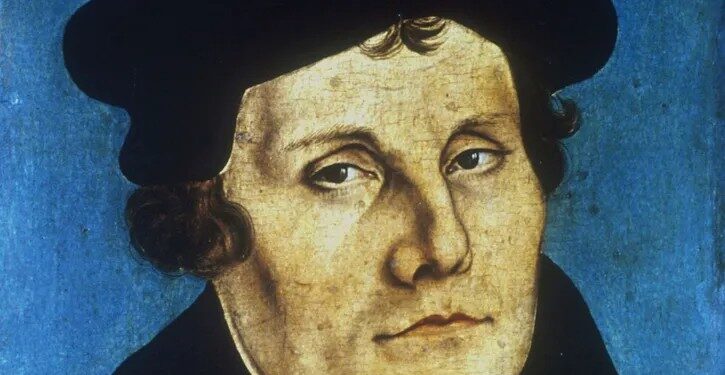On 31 October 1517, a German monk named Martin Luther nailed a document to the door of the Castle Church in Wittenberg — an act that would ignite the Protestant Reformation and forever alter the course of European history.
A protest against indulgences
Luther’s Ninety-five Theses were not initially intended as a revolution. They were a scholarly challenge to the Catholic Church’s practice of selling indulgences — certificates said to reduce punishment for sins. At the time, indulgence sales funded the rebuilding of St Peter’s Basilica in Rome, and many believed the Church had turned forgiveness into a business. Luther, an Augustinian friar and theology professor, objected to what he saw as a corruption of true faith.
Printing press and public outrage
What transformed Luther’s local protest into a Europe-wide movement was timing and technology. Within weeks, the theses were translated from Latin into German and spread across the continent thanks to the printing press — a relatively new invention that gave ordinary people access to ideas once confined to scholars. Luther’s words resonated deeply with a public frustrated by clerical excess and political interference from Rome.
Excommunication and defiance
The Church’s response was swift and severe. In 1520, Pope Leo X excommunicated Luther, and the Holy Roman Emperor declared him an outlaw. Yet, protected by sympathetic princes, Luther continued to write and translate the Bible into German, giving people direct access to Scripture without priestly mediation. His defiance inspired others — from Calvin in Geneva to Cranmer in England — to challenge papal authority and redefine Christianity across Europe.
Legacy of reform
The Protestant Reformation led to the fragmentation of Western Christianity and centuries of conflict, but also to literacy reforms, the rise of national churches, and new ideas about individual conscience and freedom. Luther’s hammer blow in Wittenberg is remembered not just as a theological act, but as one of history’s defining moments in the struggle between authority and belief.
Newshub Editorial in Europe – 31 October 2025



Recent Comments